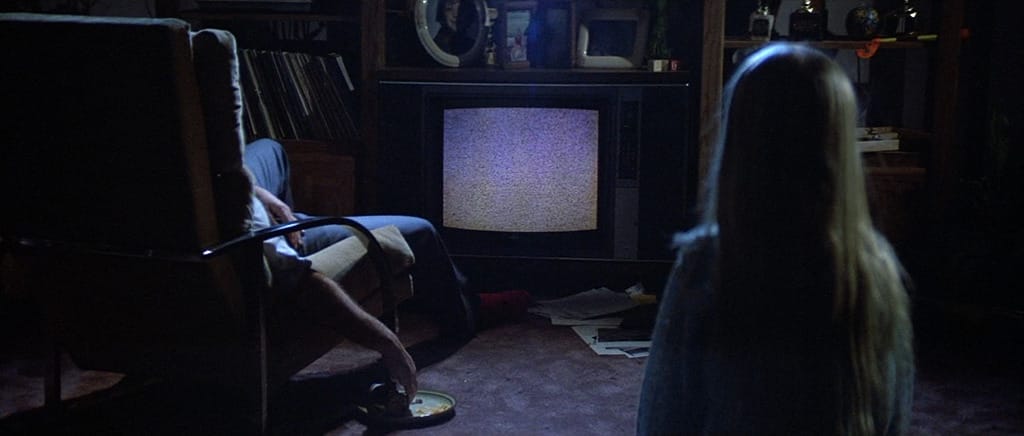


When we think of horror movies, our minds often dart to the grotesque monsters, shadowy figures, and malevolent spirits. But ask any horror aficionado, and they’ll tell you that the most chilling scenes aren’t always packed with supernatural creatures or blood-curdling screams. Instead, it’s the familiar, the everyday turned sinister, that truly terrifies. Let’s explore the power of relatable fear in horror cinema.
German psychiatrist Ernst Jentsch described the “uncanny” as something familiar and yet foreign, causing a sense of unease. Horror filmmakers have tapped into this by taking the ordinary and making it extraordinarily terrifying. The child’s toy in “Child’s Play”, the television set in “Poltergeist”, or even the friendly neighbor in “Rear Window” all twist the mundane into something malevolent.
Great horror films often hold a mirror to society, reflecting our collective fears. George A. Romero’s “Night of the Living Dead” was not just about zombies; it touched on race relations and societal breakdown. The technological horrors of movies like “Unfriended” or “Ringu” tap into our anxieties about the digital age and the price of constant connectivity.
When the horror is grounded in reality, viewers can see themselves in the protagonists’ shoes. Think of the stranded divers in “Open Water” or the desperate parent searching for a lost child in “The Changeling”. These situations, although heightened for cinematic drama, are conceivable, making our emotional investment all the more intense.
Relatable fear often plays with the “what if” scenario. What if the person you trust turns out to be a threat (“Sleeping with the Enemy”)? What if the call is coming from inside the house (“When a Stranger Calls”)? By presenting scenarios that could, in some warped reality, happen to anyone, these films strike a chord deep within our psyche.
While creatures from the abyss and vengeful spirits have their place in the horror hall of fame, the power of relatable fear is undeniable. By turning the familiar into the frightening, filmmakers don’t just entertain; they burrow into our subconscious, reminding us that sometimes, real life can be scarier than any monster.
In the vast tapestry of horror cinema, it's the lingering dread, the unease that permeates every frame, which often proves more haunting than outright terror. The slow build, the silent anticipation—it's atmospheric tension that turns a horror film from merely
